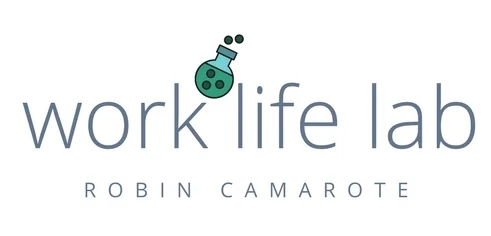Much frustration and disappointment between employees and managers comes down different values put on work completed. Obvious, right? Indeed. But for something all of us working untethered to an assembly line understand, we are bad at having plain, direct conversations about the value we create-- and it's different than our performance.
Ideally, we'd sum the resulting value of our work similarly. Also an ideal, we'd have a ongoing conversation about what the organization needed and what steps to achieve the goals were most important. To often, we don't see the value the same.
When the employee sees the value created as less than his boss, he questions her awareness and smarts and may even suggest that she's out of touch with the needs of the business/organization.
When the employee sees a higher value created than her boss, disappointment and conflict soon follow. A one-off event can be annoying or frustrating. Though, often the reality is that we each have patterns of estimating the value -- and so do our bosses. Task after task, we're adding things up in one way and they're adding them up in another. Over the course of a year or tenure at at the company, the cummulative effect can feel like we're looking at each other from differnt rims of the Grand Canyon-- there's a huge hole in the middle.
These differences are at the heart of conflict and disappointment because the value we create is basis for promotions, salary increases, management assignments, and so on. People think it's performance but it's not-- which is especially true as you ascend the ranks of an organization.
It's not only possible but common for you (or me or anyone) to have a great year performance-wise and not be any further along in your career. Assigned work was done, development boxes were checked, no fits or flare-ups were reported, and enough time was put in on weekends to ensure everyone knew you were committed-- AND you're no closer to your next promotion. Why?
Because your contributions are appreciated but the good work equity created was insufficient. I can ramble on about this but I'll stop here and say the one action that I think is critically important-- have a (possibly difficult) but deeply honest conversation with your boss about value and how it's created within your organization. If you get party-line about the mission, it's a sign to push on and ask more. Your leadership may or may not know the answer yet themsevles on a conscious level-- having only judged employees subconsciously before.
If you're working within a business, surely one of these things will be revenue or cost avoidance. Others might include visibility, relationships, less conflict, more decisiveness, and so on. Knowing this and flexing your skills and style to do work that adds up to value created in these categories (whatever they are) is a much more straightforward path to advancemnet and influence.
The equity for good work done accrues sets the tone for our professional relationships and the doors opened through opportunity in the future.

